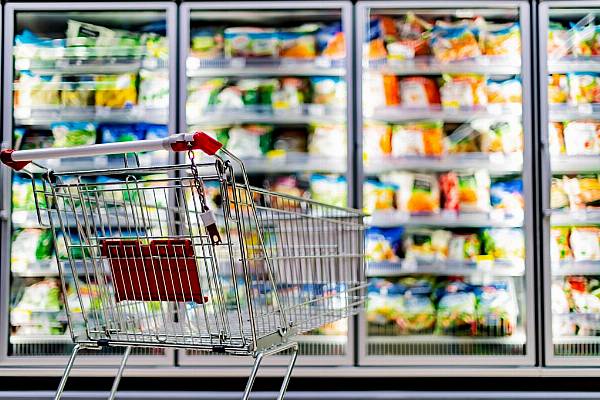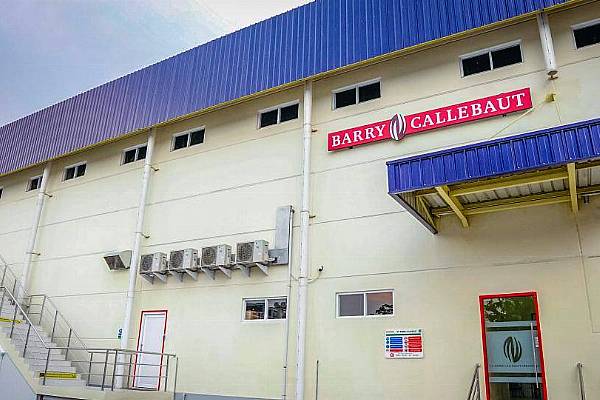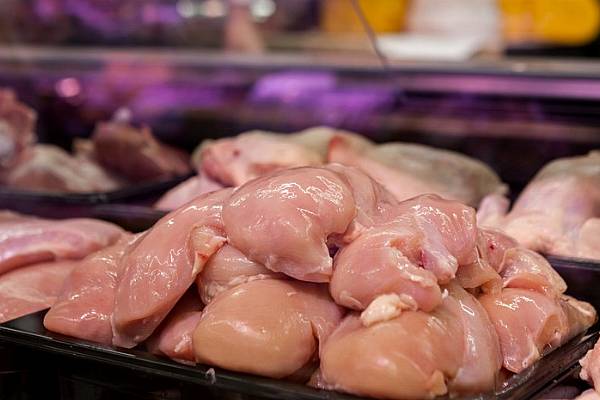The Ebola crisis is exacerbating food shortages in Liberia as a lack of labour hinders production.
The crises has seen hungry rice farmers eat the seeds they’d normally hold back for planting next season.
Ebola will leave a lasting impact of malnutrition even as the number of new cases of the deadly disease is beginning to slow, Charles McClain, a deputy minister at the country’s Agriculture Ministry, said yesterday.
About a third of Liberia’s four million people were already undernourished before the Ebola outbreak, and labour shortages stemming from the disease are affecting production, he said.
“It has affected nutrition to a great deal,” McClain said. “We sent teams out to the country to assess what the situation is, and we found out that farmers are eating their seed rice.”
Rice is a staple crop in Liberia, which produced 238,000 metric tons last year, 18 per cent less than average, the FAO said in February. The country already imported about 75 per cent of its grain needs.
Yields for upland rice may drop by 10 per cent to 25 per cent in Liberia because of labour shortages, according to a report released by the development organization Mercy Corps on 4 November.
Farmers in Liberia normally harvest rice from September through December and plant new crops from April to July, according to the FAO.
Bloomberg News, edited by ESM











